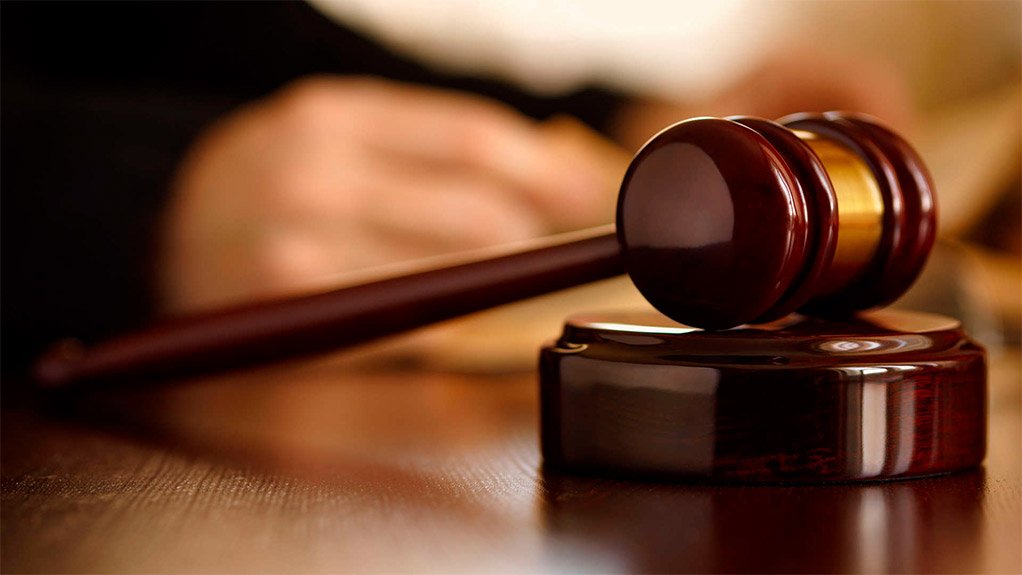Click here to read the full judgment on Saflii
[1] The dispute before this Court traverses a diverse range of legal issues which are set against a complex and detailed background. In essence, however, the dispute revolves around three broad imperatives: the common cause recognition by the parties of the scope and impact of corruption on the African National Congress (ANC) and the expressed need to act decisively against it; the recognition of the associational and political participation rights of the parties to the litigation and how those are deployed to achieve the vision and the objectives of the ANC; and the acceptance that the ANC must act consistently with its own constitution (the ANC constitution) and the Constitution of South Africa, and broadly in accordance with the values and the rights enshrined in it and in the spirit of fairness.
[2] Whilst it is not a condition precedent for the effective functioning of a democratic society, it is difficult to imagine a democracy without political parties. They are often the structures through which citizens express their right to political participation; the expression of their hopes and aspirations; their fears and uncertainties; and the articulation of the future they desire for themselves. In My Vote Counts NPC v Speaker of the National Assembly and Others, Cameron J stated:
“The founding premise of the applicant’s argument is the unique role of political parties in our constitutional democracy. This is difficult to dispute. The electoral system the Constitution creates pivots on political parties and whom they admit as members. In the First Certification judgment, this Court noted that, ‘[u]nder a list system of proportional representation, it is parties that the electorate votes for, and parties which must be accountable to the electorate.’
Our constitutional order places the key to elective office and executive power in the hands of political parties. Members of the National Assembly and provincial legislatures are not directly elected. Nor is the President or the Deputy President. The same applies to provincial and national executives. Under the current electoral system, it is political parties, and parties alone, that determine which persons are allocated to legislative bodies and to the executive. …”[1]
EMAIL THIS ARTICLE SAVE THIS ARTICLE ARTICLE ENQUIRY
To subscribe email subscriptions@creamermedia.co.za or click here
To advertise email advertising@creamermedia.co.za or click here











